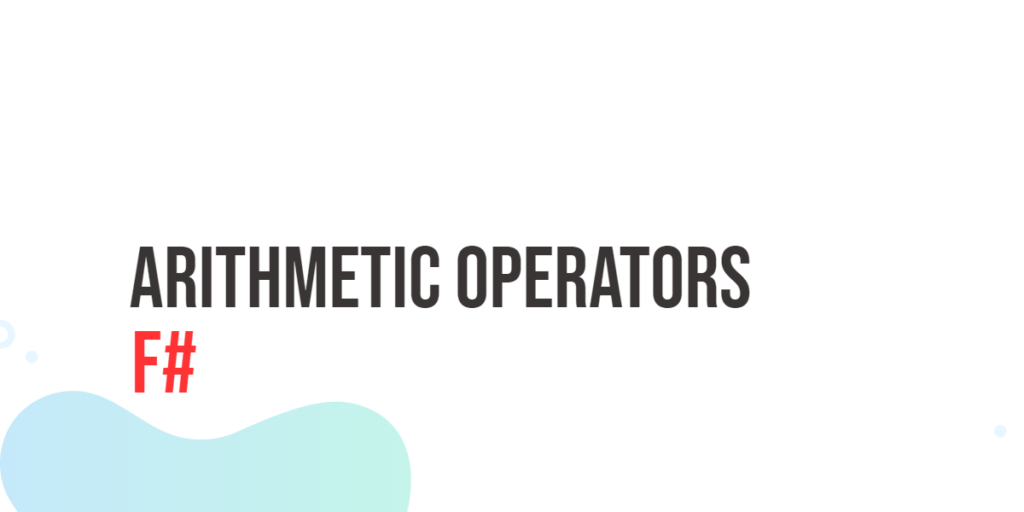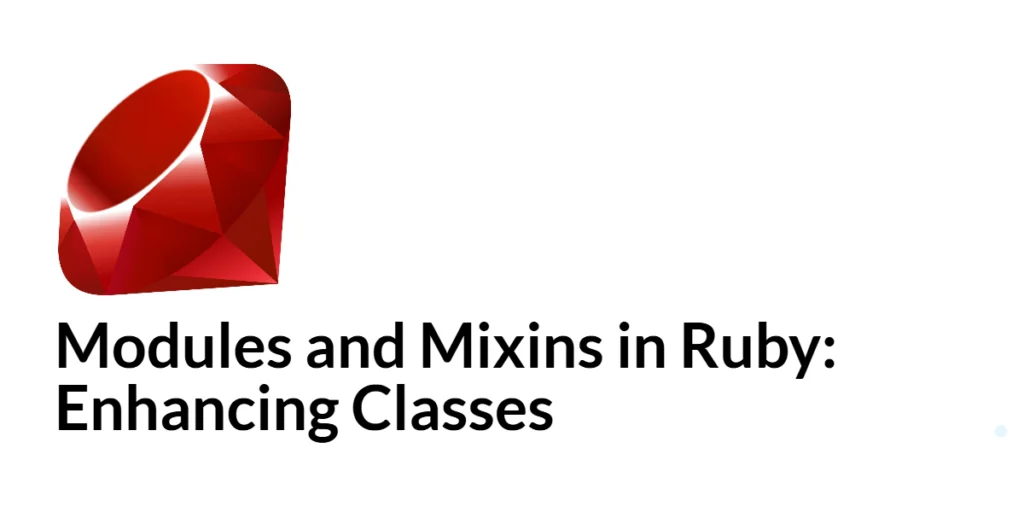F# is a functional-first programming language that supports a wide range of operators for performing arithmetic operations. These operators are essential in manipulating numerical values, making it essential for developers to have a solid understanding of how to use them effectively. In this article, we’ll explore F# arithmetic operators, their functionalities and provide examples to solidify your understanding.

with hands-on learning.
get the skills and confidence to land your next move.
Introduction to Arithmetic Operators
Arithmetic operators are fundamental components of any programming language, and F# is no exception. F# provides a set of standard arithmetic operators that allow you to perform basic mathematical operations such as addition, subtraction, multiplication, and division.
Addition Operator (+)
The addition operator (+) is used to add two numeric values together. Here’s a simple example:
[<EntryPoint>]
let main(args: string[]): int =
let a: int = 5
let b: int = 7
let sum: int = a + b
printfn "The sum of %d and %d is %d." a b sum
0 // Return exit code 0 to indicate successful executionIn this example, the sum will be 12, as expected. The addition operator works with integers, floating-point numbers, and other numeric types supported by F#.
Subtraction Operator (-)
The subtraction operator (-) is used to subtract the right operand from the left operand. Consider the following example:
[<EntryPoint>]
let main(args: string[]): int =
let a: int = 14
let b: int = 8
let difference: int = a - b
printfn "The difference between %d and %d is %d." a b difference
0 // Return exit code 0 to indicate successful executionIn this case, the difference will be 6. Like the addition operator, the subtraction operator is applicable to various numeric types.
Multiplication Operator (*)
The multiplication operator (*) is used to multiply two numeric values. Here’s an example:
[<EntryPoint>]
let main(args: string[]): int =
let a: int = 7
let b: int = 2
let product: int = a * b
printfn "The product of %d and %d is %d." a b product
0 // Return exit code 0 to indicate successful executionThe product of this multiplication will be 14. As expected, the multiplication operator is versatile and supports different numeric types.
Division Operator (/)
The division operator (/) is used to divide the left operand by the right operand. Let’s look at an example:
[<EntryPoint>]
let main(args: string[]): int =
let a: int = 15
let b: int = 3
let quotient: int = a / b
printfn "The quotient of %d divided by %d is %d." a b quotient
0 // Return exit code 0 to indicate successful executionIn this case, the quotient will be 5. It’s worth noting that the division operator returns an integer result when applied to integers. If you want a floating-point result, you can use the division operator with floating-point numbers.
[<EntryPoint>]
let main(args: string[]): int =
let a: double = 15.0
let b: double = 3.0
let quotient: double = a / b
printfn "The quotient of %.2f divided by %.2f is %.2f." a b quotient
0 // Return exit code 0 to indicate successful executionIn this example, the quotient will be 5.00. The specifier %.2f ensures that floating-point numbers are presented with precisely two decimal places.
Extended Arithmetic Operators
In addition to the basic arithmetic operators, F# provides some extended operators that offer additional functionality or convenience in certain scenarios.
Modulus Operator (%)
The modulus operator (%) returns the remainder of the division of the left operand by the right operand. Consider the following example:
[<EntryPoint>]
let main(args: string[]): int =
let a: int = 10
let b: int = 3
let remainder: int = a % b
printfn "The remainder of %d divided by %d is %d." a b remainder
0 // Return exit code 0 to indicate successful executionIn this case, the remainder will be 1, as it represents the remainder when 10 is divided by 3.
Exponentiation Operator ( ** )
The exponentiation operator (**) raises the left operand to the power of the right operand. Here’s an example:
[<EntryPoint>]
let main(args: string[]): int =
let a: double = 2.0
let b: double = 3.0
let result: double = a ** b
printfn "%.2f raised to the power of %.2f is %.2f." a b result
0 // Return exit code 0 to indicate successful executionIn this example, the result will be 8.0, as 2.0 raised to the power of 3.0 is 8.0. It’s important to note that the ‘int’ type does not support the exponentiation operator (**).
Operator Precedence and Parentheses
Understanding operator precedence is essential for writing correct and efficient code. F# follows standard operator precedence rules, where certain operators have higher precedence than others. For instance, multiplication and division have higher precedence than addition and subtraction.
[<EntryPoint>]
let main(args: string[]): int =
let result = 2 + 3 * 4
printfn "Result without parentheses: %d" result
0 // Return exit code 0 to indicate successful executionIn this example, the result will be 14, as multiplication takes precedence over addition. However, you can use parentheses to explicitly specify the order of operations.
[<EntryPoint>]
let main(args: string[]): int =
let result = (2 + 3) * 4
printfn "Result with parentheses: %d" result
0 // Return exit code 0 to indicate successful executionWith parentheses, the result will be 20. It’s advisable to use parentheses when there’s any ambiguity or when you want to make the code more readable.
Conclusion
In this article, we’ve explored the essential arithmetic operators in F# and their applications. These operators are the building blocks for performing numerical computations in F#, and a solid understanding of their functionalities is important for any F# developer.







